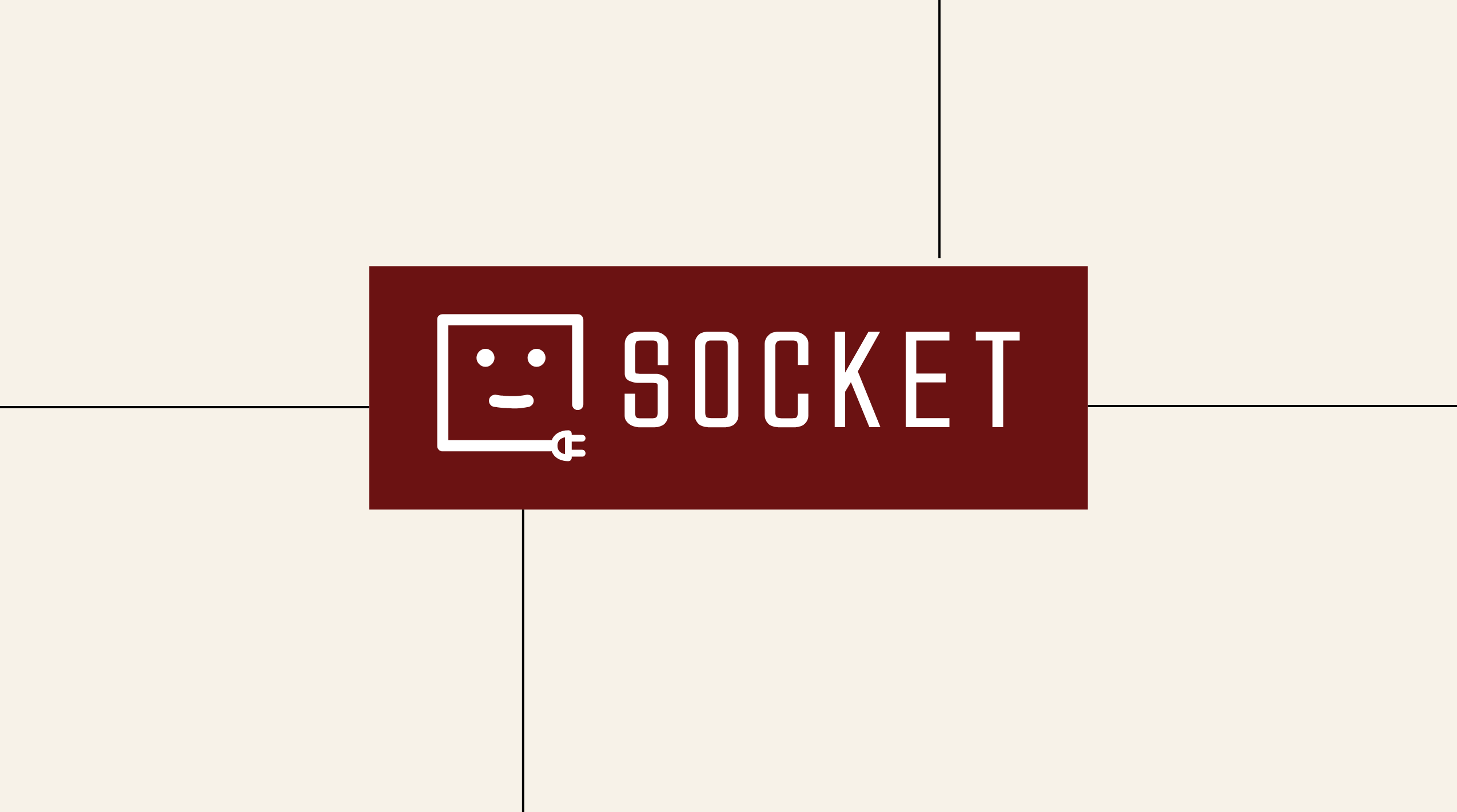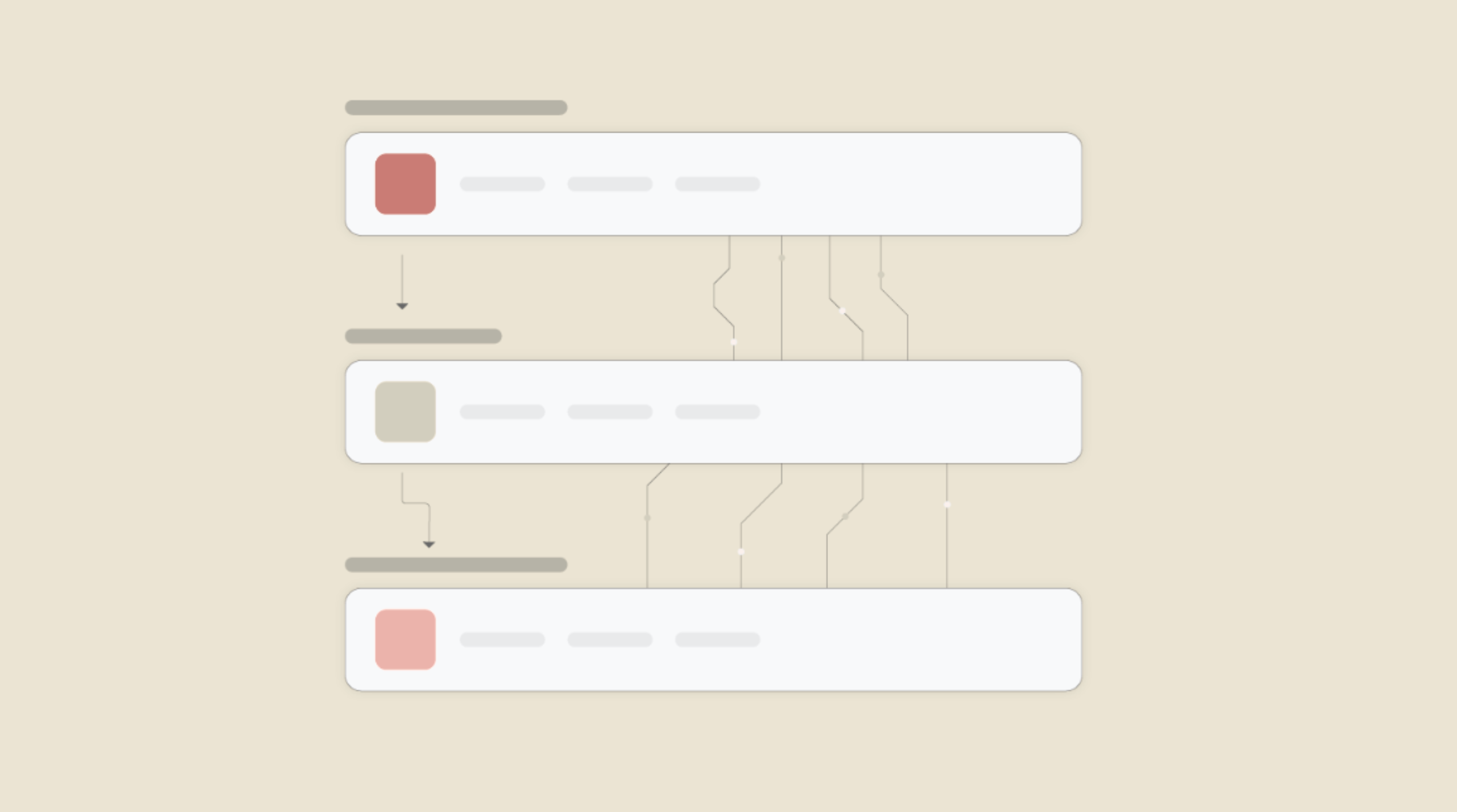Connect HIX AI and Fivetran to Build Intelligent Automations
Choose a Trigger

When this happens...
- Request a new Trigger for HIX AI
Choose an Action

Automatically do this!
- Request a new Action for Fivetran
Enable Integrations or automations with these events of HIX AI and Fivetran
Enable Integrations or automations with these events of HIX AI and Fivetran
Actions
Create and Submit humanization Task
Create and submit a humanization task.
Explore more automations built by businesses and experts
Automate Instagram Comment Replies with Smart DMs
- text is ai
 ReplytoComment
ReplytoComment Send a Private ReplyAdd Step
Send a Private ReplyAdd Step - Is guide comment
 ReplytoComment Guide
ReplytoComment Guide Send a Private Reply GuideAdd Step
Send a Private Reply GuideAdd Step - multi keyword matchcmntdqJzLMYS
 ReplytoCommentMultiKeywordAdd Step
ReplytoCommentMultiKeywordAdd Step
Automate Social Media Post Creation and Scheduling Across Multiple Platforms
- Instagram
 Instagram Caption
Instagram Caption Generate Image
Generate Image Publish Photo with TaggingAdd Step
Publish Photo with TaggingAdd Step - Youtube
 Youtube Video Script
Youtube Video Script Youtube Description Video
Youtube Description Video Create an Avatar Video
Create an Avatar Video Delay
Delay Retrieve Shareable Link for a Video1
Retrieve Shareable Link for a Video1 Upload VideoAdd Step
Upload VideoAdd Step - Twitter
 Twitter Tweet
Twitter Tweet Post a TweetAdd Step
Post a TweetAdd Step - Linkedin
 Linkedin Article
Linkedin Article Create a linkedin Article or URL postAdd Step
Create a linkedin Article or URL postAdd Step
Automate Instagram DM Replies, Reactions, and Team Alerts
- has response
 SendDMMessageAdd Step
SendDMMessageAdd Step - Notify team
 SendMailAdd Step
SendMailAdd Step - has react
 SendDMMessage ReactAdd Step
SendDMMessage ReactAdd Step
Know More About Hix and Fivetran Integrations

How viaSocket Works | A Complete Guide
Gain insights into how viaSocket functions through our detailed guide. Understand its key features and benefits to maximize your experience and efficiency.

5 Simple Automation Hacks to Make Your Team Free
Unlock your team's potential with 5 straightforward automation hacks designed to streamline processes and free up valuable time for more important work.

What is Workflow Automation - Definition, Importance & Benefits | A Complete Guide
Workflow automation is the process of using technology to execute repetitive tasks with minimal human intervention, creating a seamless flow of activities.
Frequently Asked Questions
To start, connect both your HIX AI and Fivetran accounts to viaSocket. Once connected, you can set up a workflow where an event in HIX AI triggers actions in Fivetran (or vice versa).
Absolutely. You can customize how HIX AI data is recorded in Fivetran. This includes choosing which data fields go into which fields of Fivetran, setting up custom formats, and filtering out unwanted information.
The data sync between HIX AI and Fivetran typically happens in real-time through instant triggers. And a maximum of 15 minutes in case of a scheduled trigger.
Yes, viaSocket allows you to add custom logic or use built-in filters to modify data according to your needs.
Yes, you can set conditional logic to control the flow of data between HIX AI and Fivetran. For instance, you can specify that data should only be sent if certain conditions are met, or you can create if/else statements to manage different outcomes.
About HIX AI
Hix AI is a cutting-edge platform that leverages artificial intelligence to provide innovative solutions across various industries. It offers tools and services that enhance productivity, automate processes, and deliver insights through advanced AI algorithms.
Learn MoreAbout Fivetran
Fivetran is a leading data integration service that automates the process of connecting and syncing data from various sources into a centralized data warehouse. It simplifies the ETL (Extract, Transform, Load) process, allowing businesses to focus on analyzing their data rather than managing data pipelines.
Learn More


